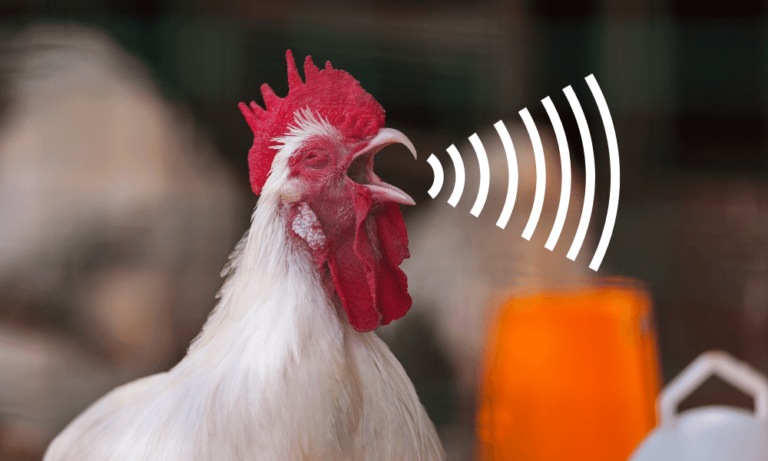According to scientists, the planet wouldn’t be able to handle everyone on Earth eating like an American. It isn’t close either; the planet would need an entire extra third of the surface area of Earth to produce enough food.
It comes down to the amount of meat prevalent in a Western diet and the costs to produce the vast quantities required if all humans could afford to eat the same way.
Researchers in Poland came to this conclusion after measuring the carbon footprint required to produce meat, taking air, land, and water pollution into account. Their suggestion: everyone cut back on their meat consumption.
As a meat eater myself, I don’t understand vegan/vegetarian diets unless they are undertaken for ethical reasons, both animal welfare and reduction of carbon footprints. Otherwise, it’s a suboptimal way to eat for health.
They say beef production is the most expensive, from an ecological point of view.
In a related article, news has surfaced that our current food systems can only handle a population of 3.4 billion people. This is a problem, since the Earth is home to 7.5 billion humans.
According to the article, there would have to be a major restructuring of diets (limiting meat intake) and food development, in which case approximately 10 billion people could be fed. This population is projected to be reached in 2050.
These two articles imply a future in which humans are forced to ration meat or create their own in a lab. In a dystopian future, is it such a reach that there are wars not for resources that have value themselves but for the resources needed to produce food for growing populations? The stage could be set in 2049, a year before critical mass is met.
Land would be at a premium, with the world transformed into the haves and the have-nots. Fast forward another generation or two and the richer countries could open a health gap between themselves and their poorer counterparts.
The main character of the story could be a Herbert Hoover type. During The Great War (WWI), Hoover was responsible for getting food to starving Europeans. He rode these humanitarian efforts into prominence and was eventually elected to be President of the United States without having voted in a single election during his previous life.
A fictionalized version of Hoover, set in a food-scarce future, where he rises to fame helping inhabitants of food deserts. The same trajectory, maybe with a tragic ending so he can die/retire a hero.


